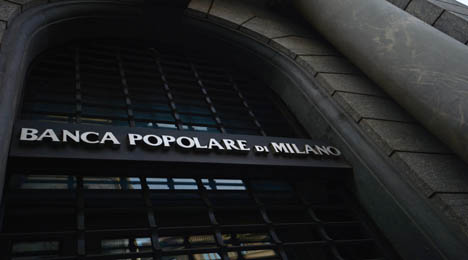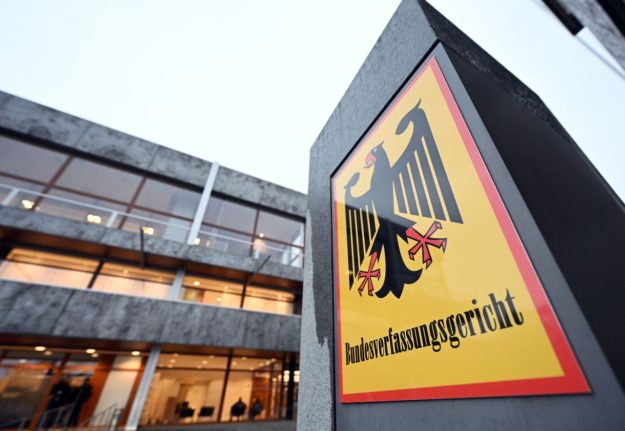Between May 2012 and May 2013, total bank loans dropped by 41.5 billion euros ($55 billion), or 4.2 percent, small business association Confartigianato said.
The situation is aggravated by the amount the state owes the private sector, which the report said amounted to 91 billion euros in 2012.
Other sources say the figure is higher: banking lobby ABI said in May that arrears may have topped 100 billion euros in 2012, while big business lobby Confindustria said the debt owed to businesses may now be as much as between 120 and 130 billion euros.
Italy's liquidity-starved companies often have to wait a long time for the public administration to settle its bills, but are increasingly unable to find short or long-term relief in credit from the banks, and thousands have gone bust since the economic crisis began.
"The credit situation for businesses, particularly the smaller ones, is critical," said Giorgio Merletti, head of Confartigianato.
"The really serious and paradoxical thing is that businessmen are forced to get into debt with the banks to compensate for debt owed by the public administration to other businesses," he said.
As well as reducing credit, banks were also upping interest rates on loans, hitting companies with fewer than 20 employees the hardest, the report said.
In May 2013, the average rate for a loan of up to one million euros was 4.36 percent, rising to 4.85 percent for a loan of up to 250,000 – making interest rates on Italian bank loans the second highest in Europe, after Spain, it said.
The difficulties facing the banking sector were underlined this week when Standard and Poor's downgraded 18 Italian banks.
The ratings agency felt the lenders were "operating in an environment with higher economic risks, leaving them more exposed to a deeper and longer recession in Italy than we had previously anticipated".
Italy has been struggling to pull itself out of its longest post-war recession. At the beginning of July, the International Monetary Fund cut its growth forecast for the country – saying it expected the economy to contract by 1.8 percent this year, from an earlier forecast of 1.5 percent.
Italian Prime Minister Enrico Letta has pledged to begin paying off tens of billions of euros in overdue bills to private businesses.
Last month, the cabinet approved a plan for the government to make good on up to 40 billion euros worth of bills by the end of next year.



 Please whitelist us to continue reading.
Please whitelist us to continue reading.
Member comments